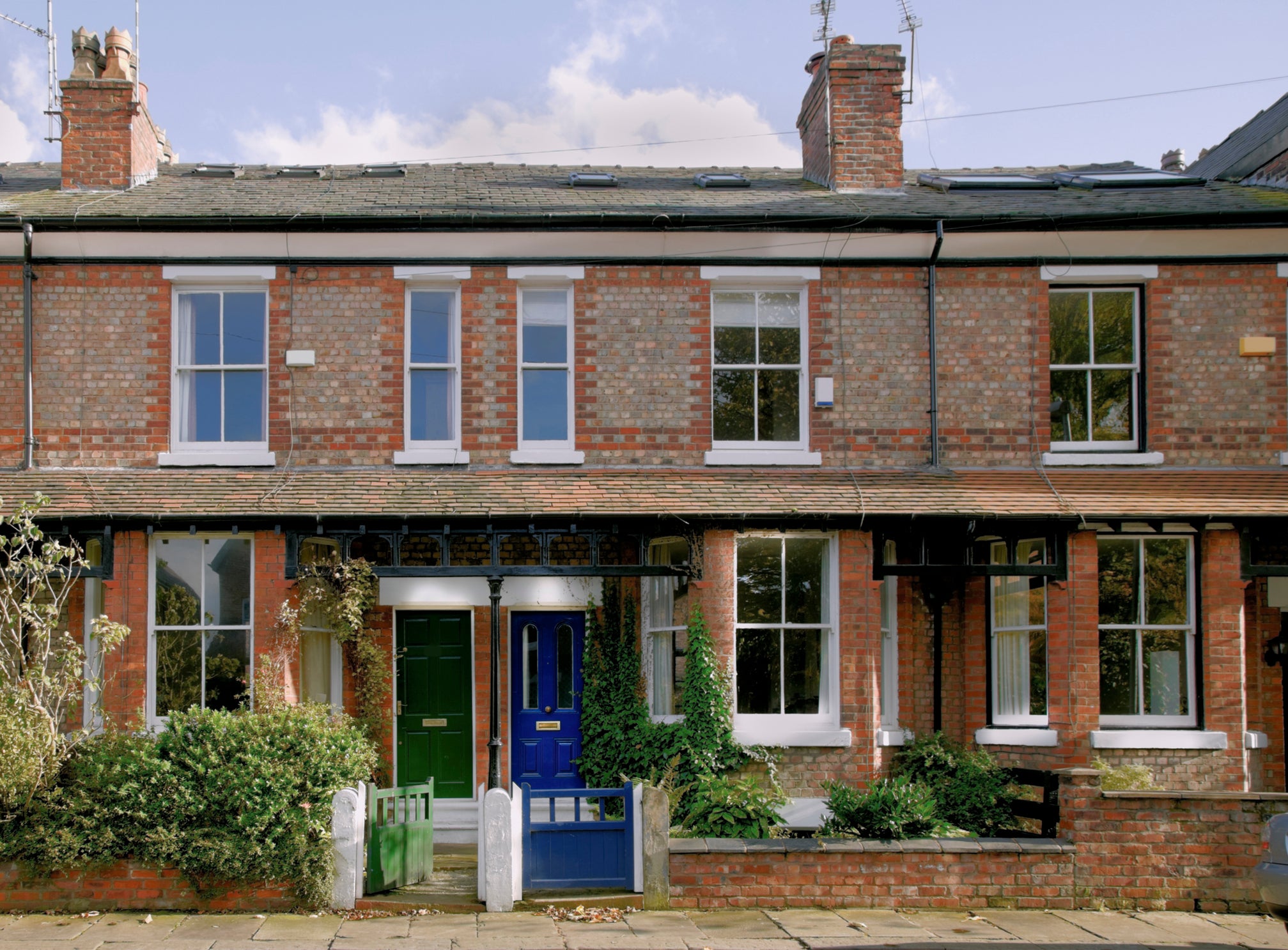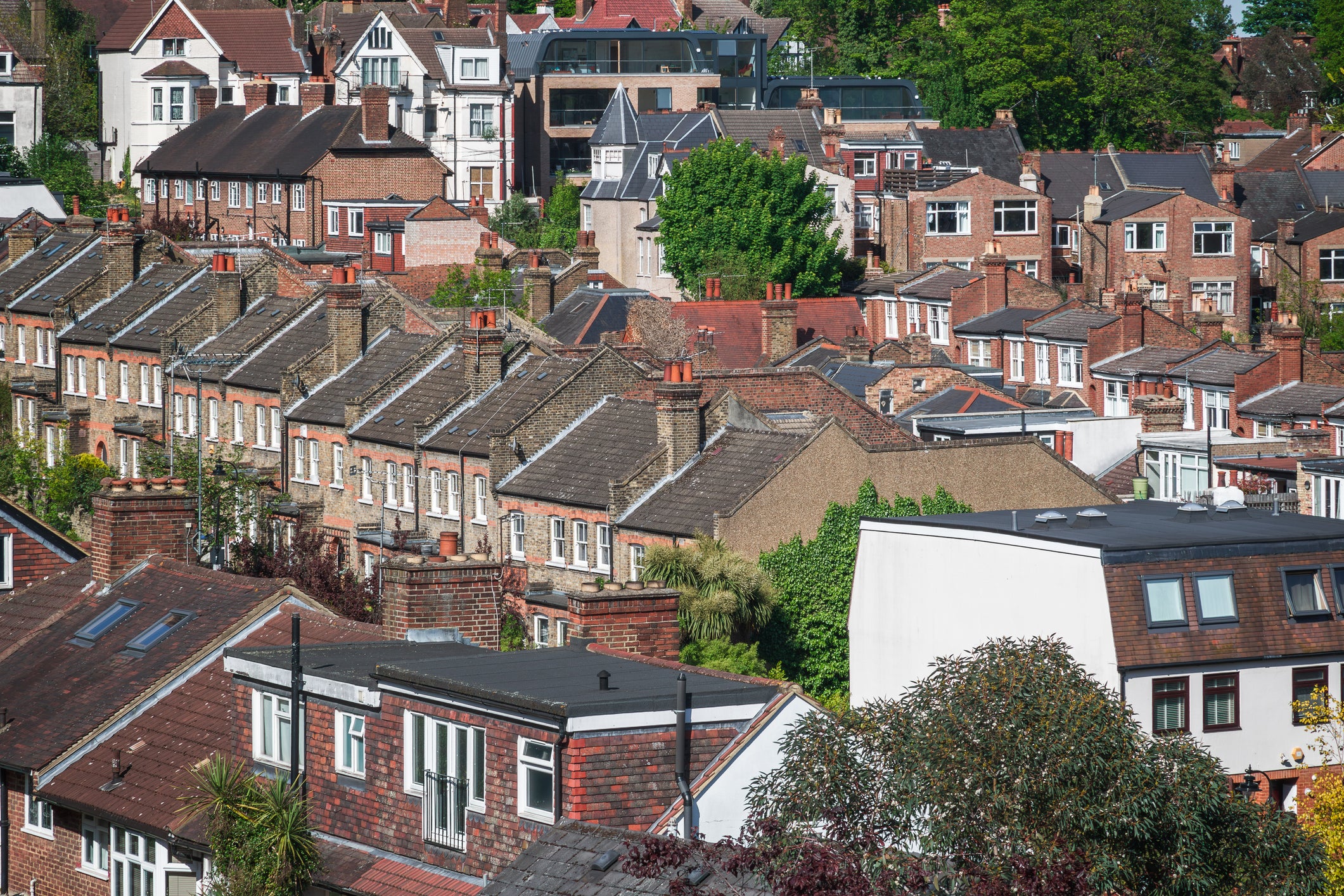Millions of renters could be forced to move house despite Labour’s pledged protections, campaigners say, as new research lays bare the toll of massive rent increases.
Over two-thirds of renters say they would definitely (34 per cent) or probably (34 per cent) need to move home if given a rent rise of £110, polling from the Renters’ Reform Coalition (RRC) shows.
The research comes ahead of Labour’s Renters’ Rights Bill, which is expected to pass later this year. The legislation will bring an end to controversial Section 21 ‘no-fault’ eviction notices, as well as empowering tribunals to protect tenants from unreasonable rent increases.
But this does not go far enough, the RRC argues, pointing out that a £110 rent rise is an increase of 7.9 per cent on the average rent, close to the current average rent increase of 7.5 per cent.
This means it is unlikely that tribunals will be able to provide adequate protection against “backdoor eviction” via rent rises, which the Ministry of Housing, Communities and Local Government says they should do.

Furthermore, research by the group finds that the average decision made by tribunals in the first half of 2025 saw tenants receive a rent increase of more than £240 per month.
The polling also reveals the stark impact even a market rate increase can have on renters, following years of consecutive rental market increases during the Covid pandemic and cost of living crisis.
Around 85 per cent of renters said they would need to make changes to their spending to afford a rent rise of £110. Of these, 32 per cent said they could cut back on non-essential spending, while 24 per cent said they would need to cut back on essentials.
A further 14 per cent said they would be forced to use savings or borrow money, and 13 per cent said they would have no way of affording the rise.
Only 14 per cent of renters said they would be able to afford the increase with no changes to their spending.
Average rents increased to £1,339 in May, up 7 per cent in the year. This is up nearly 30 per cent from when rents began to rise for years prior to 2021, up nearly 30 per cent from £1,034.
This figure is more than four times the 7 per cent rise in the four years from May 2016 to May 2021, with the average rent rising from £954.

Tom Darling, director at the RRC said the government’s Renters’ Rights Bill is “long overdue”, adding that it will “give renters more rights and protections and should help drive up housing standards”.
He added: “But the rent rise eviction loophole is a serious gap in the legislation. Even after section 21 is abolished, our research suggests as many as a third of renters will still face being pushed out of their homes and communities by rent increases, and landlords will be able to use rent hikes they know tenants cannot afford to threaten or intimidate.
“A cap on rent increases would be simple to implement, putting money back into renters’ pockets and giving them real long-term security in their homes.”
A Ministry of Housing, Communities and Local Government spokesperson said: “Our landmark Renters’ Rights Bill will ensure that landlords are only able to increase rents once a year to the market rate, and tenants will be able to challenge unreasonable rent increases through the first-tier Tribunal.
“This will prevent unscrupulous landlords using rent increases as a backdoor means of eviction, while ensuring rents can be increased to a fair rate.”







